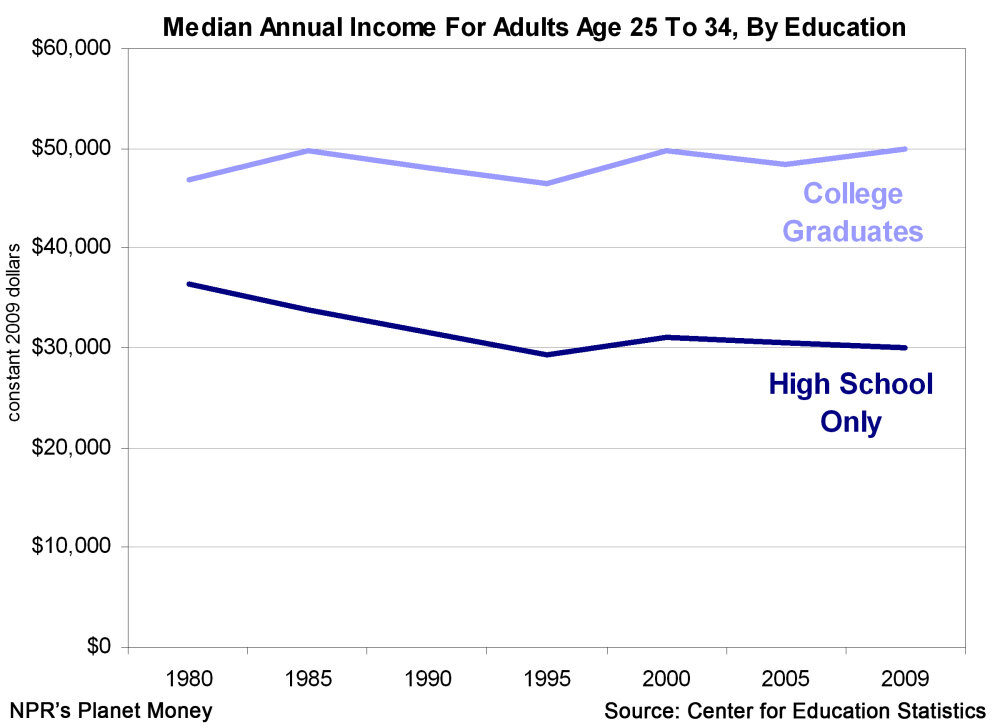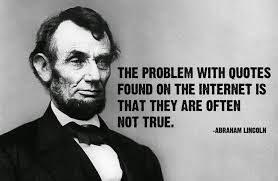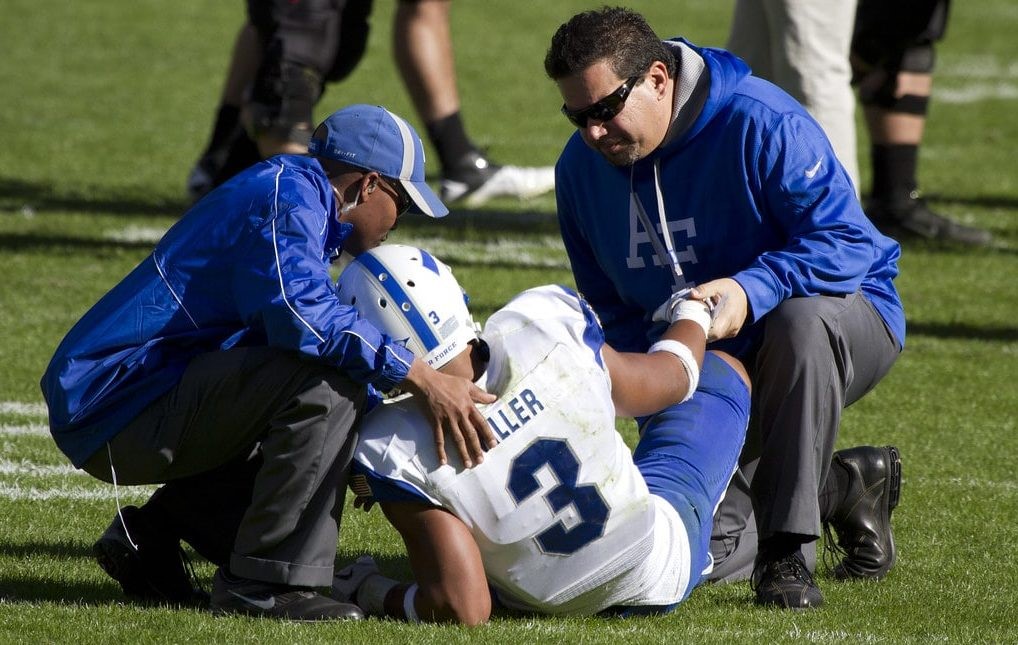Have you ever wondered about the benefits of going to college or university? Although some people choose not to go to college as it’s time-consuming and usually high cost, advancing to a more elevated education is more profitable than not receiving it. It’s generally known that having either a high school diploma, General Educational Development certificate (GED), or some academic credentials for admission is commonly needed to attend college or university. Ensuring a college or university secures and establishes a more promising career in the future. Compared to those who don’t receive this further education, those who do have higher chances to increase their chances of being able to keep or find a job that can sustain the needs of people in today’s society. “Statistics consistently show that college graduates earn higher salaries on average compared to those with only a high school diploma. Higher education can significantly increase earning potential throughout a career.” (Bay Atlantic University).
Just having a high school diploma may be sufficient for some people though, obtaining these years of education has shown to be profitable not only in general life skills but also lead to people having a high chance of having permanent stability when it comes to finances. As the prices of everyday things like clothing, groceries, and other necessities become much higher throughout the years, it becomes more difficult to live off of the limited opportunity that just a basic level of education can offer. Therefore, acquiring the financial help offered by going to college is more positive than it is negative.“College graduates earn roughly $25,000 more per year compared to high school graduates.” (BLS).
As the population grows, the chances and opportunities that society can offer every year become lesser and lesser. This means that the field in which job hunters look for sustaining careers becomes more competitive as time goes on, which means that getting hired is a lot more problematic. Getting a higher education raises your chances of being employed and out of financial struggle or the struggle to retain a general job where you stand out, in a certain field of work. “But the proportion of workers to jobs ranges widely from state to state. In California, where layoffs in tech and the film industry have unsettled the job market, there is less than one opening per unemployed person. In North Dakota, where a brain drain has left a shortage of skilled and educated workers, there are almost three openings per unemployed person,” (Henderson).
Not having assistance with expenses, and possibly being financially dependent comes with difficulty from the high prices of going to college or university of one’s choosing, a choice that students can make of finding financial help can relieve those who can’t find a source of income for themselves or receive help from either family. With the time that these years of education also require, it is hard for students themselves to pay for the fees and other expenses that come with college or university. Governmental organizations can assist future or current students with financial struggles. “work-study jobs, scholarships, and federal or private loans. Financial aid can be used to cover most higher education expenses, including tuition and fees, room and board, books and supplies.” (Investopedia).







